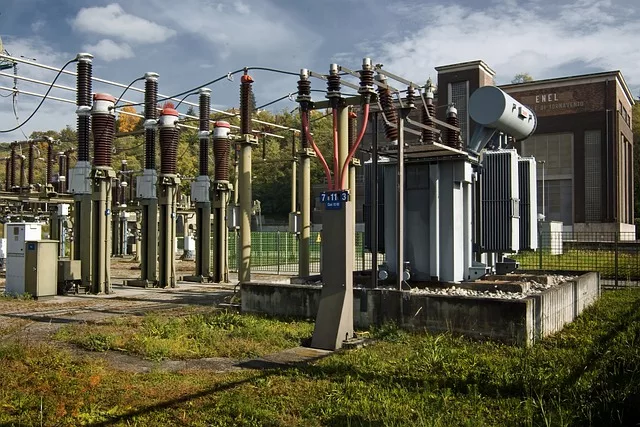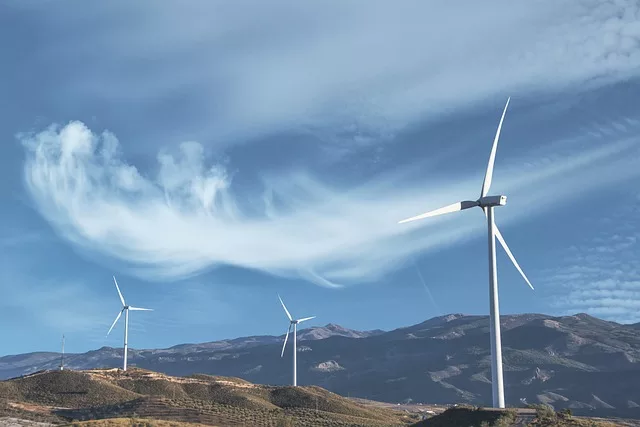The EU energy crisis refers to a period of rising energy prices, increasing dependency on energy imports, and a decline in energy production within the European Union. The crisis was caused by a combination of factors such as declining oil and gas reserves, increasing demand for energy, and the lack of investment in new energy infrastructure. This led to increased energy costs and heightened concern over the security of energy supplies, which became particularly acute in the early 2000s.
Causes of energy crisis
The causes of the EU energy crisis were mainly:
- The decline in domestic energy production: A decline in the production of oil and gas within the EU, combined with increasing demand, led to increased dependency on energy imports.
- Dependency on imported energy: The EU became increasingly dependent on energy imports, particularly from Russia, which made it vulnerable to price fluctuations and supply disruptions.
- Lack of investment in new energy infrastructure: There was a lack of investment in new energy infrastructure, such as renewable energy sources, which led to continued reliance on fossil fuels.
- Climate change policies: The EU’s policies on climate change, which aimed to reduce greenhouse gas emissions, led to increased costs for energy production and consumption.
- market liberalization: The liberalization of energy markets, which aimed to increase competition and reduce prices, had unintended consequences, such as price volatility and reduced investment in energy infrastructure.
These factors combined to create an energy crisis in the EU, which led to increased energy costs, heightened concerns over energy security, and a growing urgency to find new and sustainable sources of energy.
The solution to the energy crisis
To address the EU energy crisis, the following solutions were implemented:

- Diversifying energy sources: The EU has made efforts to diversify its energy sources, particularly by increasing the use of renewable energy sources such as wind, solar, and hydropower.
- Improving energy efficiency: The EU has implemented policies and programs aimed at improving energy efficiency in order to reduce demand for energy and lower costs.
- Enhancing interconnections between countries: The EU has also sought to enhance interconnections between countries in order to improve energy security and reduce dependence on a single source of energy.
- Encouraging energy conservation: The EU has encouraged energy conservation through public awareness campaigns, energy-efficient building codes, and subsidies for energy-saving technologies.
- Investing in research and development: The EU has invested in research and development aimed at developing new and innovative energy technologies, such as smart grids and advanced storage systems.
These solutions have helped the EU to reduce its dependence on imported energy, improve energy security, and transition to a more sustainable energy mix. However, further efforts are needed to fully address the energy crisis and ensure the long-term sustainability of the EU’s energy system.
Frequently asked questions
Here are some frequently asked questions about the EU energy crisis:
- What was the cause of the EU energy crisis?
- The EU energy crisis was caused by a combination of factors such as declining domestic energy production, increasing dependency on energy imports, lack of investment in new energy infrastructure, and the impact of climate change policies.
- Why did the EU become dependent on imported energy?
- The EU became dependent on imported energy due to a decline in domestic energy production, combined with increasing demand for energy.
- How did the EU respond to the energy crisis?
- The EU responded to the energy crisis by diversifying its energy sources, improving energy efficiency, enhancing interconnections between countries, encouraging energy conservation, and investing in research and development.
- Did the solutions to the energy crisis have any impact?
- Yes, the solutions to the energy crisis have had a positive impact. The EU has reduced its dependence on imported energy, improved energy security, and transitioned to a more sustainable energy mix.
- Are there still challenges facing the EU’s energy system?
- Yes, there are still challenges facing the EU’s energy system. For example, ensuring the long-term sustainability of the energy system, reducing greenhouse gas emissions, and maintaining energy security are ongoing concerns
Also read:The Importance Of Commercial Mortgage Truerate Services




